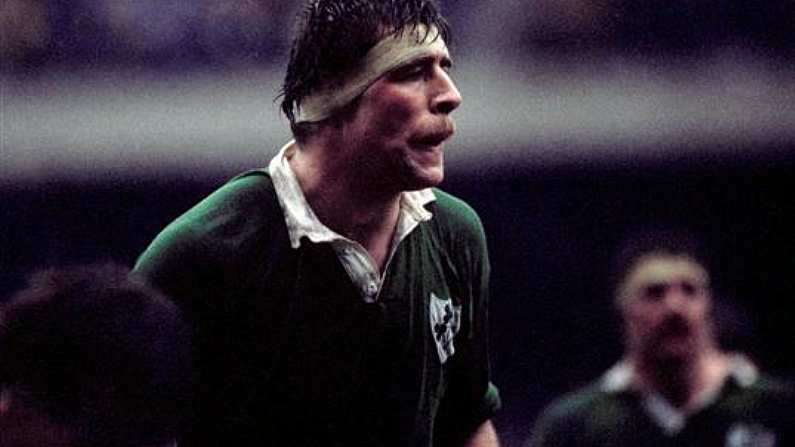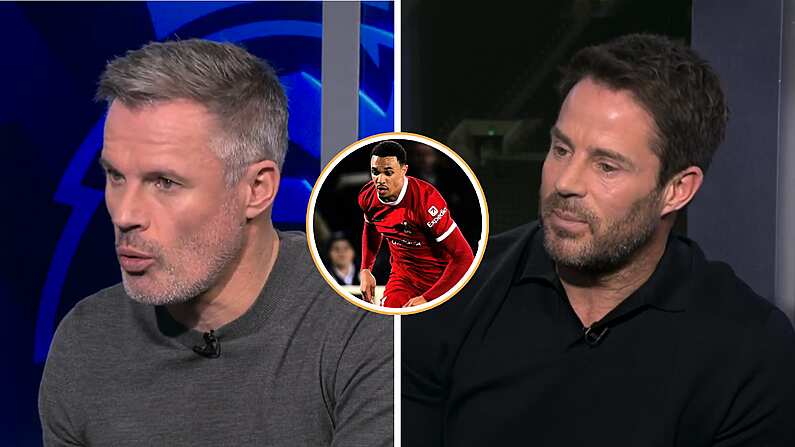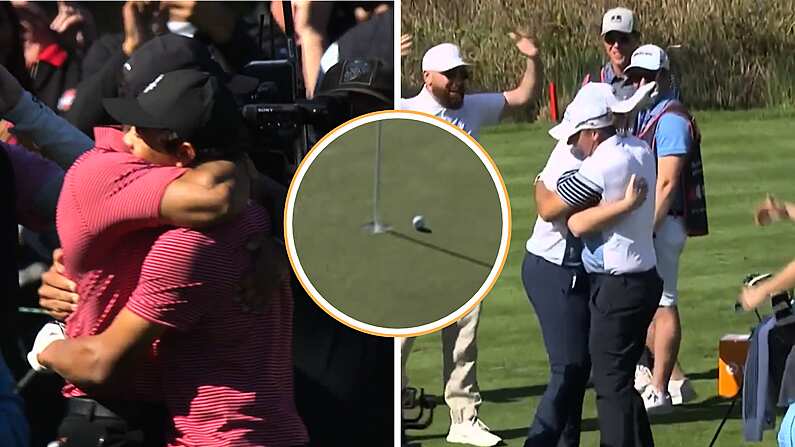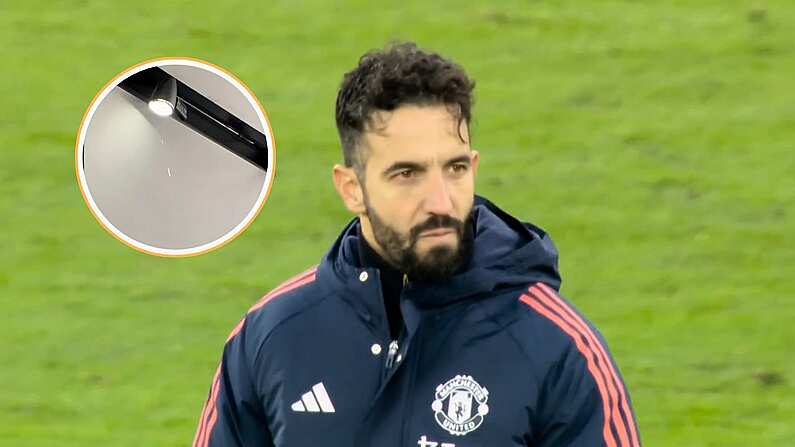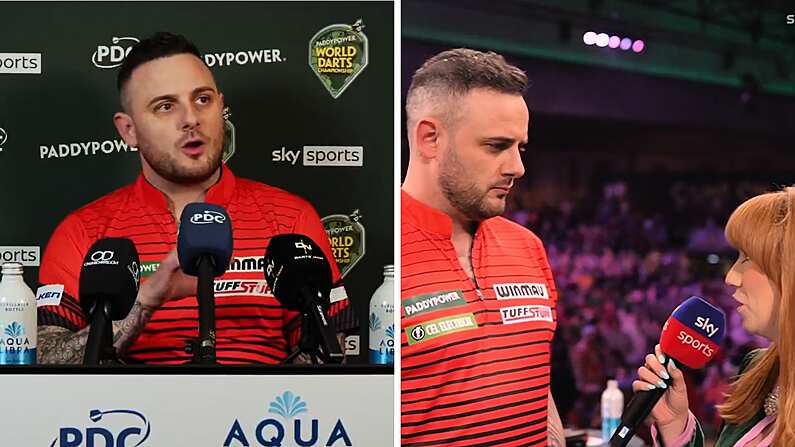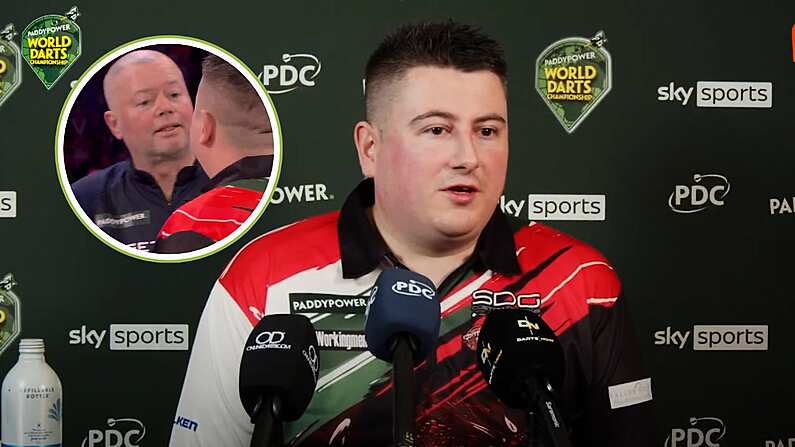"Some in the GAA community like to paint themselves as being more Irish than the rest of us. How is it Joe Brolly refers to them? Real Gaels. And it's certainly the case where rugby players are concerned."
Donal Lenihan
Ireland played their first Rugby World Cup match in Wellington on 25 May 1987. If the IRFU had their way, they wouldn't have been out there at all.
Even by standards of the northern hemisphere's rugby unions, the IRFU were especially hidebound. They came out in a rash when confronted with change. The union feared the new tournament would hasten the introduction of professionalism. They spied creeping professionalism everywhere. Along, with the WRU, they had opposed the World Cup's introduction.
If there was to be a World Cup, they were determined that the players would not take it seriously. They went so far as to write to the players, ordering them not to train together before they arrived in New Zealand. An exasperated Donal Lenihan organised clandestine scrummaging sessions against Lansdowne shortly before the team flew out.
They played Wales in the first match, losing 13-6. Substitute Neil Francis, who is occasionally susceptible to exaggeration, later wrote of the game.
It was without parallel in the history of the game - universally chosen as the worst game of rugby union ever seen. Anybody who played in it would pay a high price at the Webb Ellis pearly gates.
But it is perhaps most famous now for what happened before the game. In those days, the protocol surrounding anthems was agreed by the two competing unions. When Ireland met Wales in the Five Nations, only the anthem of the home team was played.
Ireland and Wales were the last two teams out in the first round of pool match. They'd thus spent the previous few days watching the Pacific Islanders and the southern hemisphere sides standing to attention, linking arms and hollering out their national anthems.
Lenihan said he began to ponder - "what are Ireland going to have?" Protocol dictated that Ireland would have no anthem. But the players began to discuss what they could use. Importantly, Lenihan told Second Captains today that the Ulster based protestant players had no problem with Amhrain na bhFiann.
Syd Millar told TV3 last year that he went upstairs to the men in the tannoy and together they tried to find an acceptable anthem, one that wouldn't alienate either community or wasn't overtly political. He said they could find nothing acceptable.
However, speaking on Second Captains today (a very entertaining interview), Lenihan said it played out differently.
It was a meeting that went on for hours and hours. And there was this stupid compromise that came out and said look, we have to play something. Phil Orr (prop), who's involved in the IRFU now, he had a James Last concert in Tralee, I always remember, and the Rose of Tralee was on it. We didn't even listen to the tape. This is a day or two days before the match. I mean, it was a disaster.
Interestingly, James Last is a German composer responsible for the Sunday Game theme tune. The man's contribution to Irish sport has been nothing short of immense.
Either way, the spectacle caused consternation and embarrassment back in Ireland. And Lenihan recalled how it almost embroiled him in fisticuffs after a Cork hurling match that summer.
It was the night of the drawn Munster Final between Cork and Tipp in Thurles.
I'm following Cork hurling and football all my life. I'm from a GAA background. Cork hurling was at its height at that stage. The '87 Munster Final. Cork and Tipp. Classic game in Thurles. I remember sitting in Thurles that day, just having been in New Zealand and thinking 'if rugby was our national game, and if we could play in places like this with New Zealand there...'
It was a fantastic game and I remember Nicky English kicked the ball, got a goal with a couple of minutes left and drew a classic game.
We were coming back, we stopped in Mitchelstown for a pint on the way home as you do, discussing the match.
And I'm the bar and I can sense a bit of rumbling on the other side of the bar. And next thing, there was one or two fellas who started shouting at me. And I didn't quite capture what they were saying, but eventually it filtered through.
They were shouting "Sing the Rose of Tralee! Why won't you sing the Rose of Tralee now!!!?'
And of course, as in all these things, when there's drink involved, it was getting a bit out of hand. I was lucky that Dr. Con Murphy, who is a good friend of mine, was with me that night. And Teddy McCarthy, the great dual player, was on the other side of the bar, and the two of them got together and defused a situation that could have got out of hand.
But I remember Dr. Con, he recognised one of the fellas who was getting a bit antagonistic. And twenty years later, this guy rings me to apologise for his behaviour that day.
The man confirmed that he was a staunch GAA man and he'd been influenced by incidents in Northern Ireland.
It used to drive me bananas. I think that's gone now, but it used to drive me bananas, playing for Ireland in the 80s. I'd go into GAA stadia all over the world and you'd always have some fella shouting "you're in the wrong place! You're at the wrong game!" T'was as if, because we played rugby and because we played with those fellas from the North that we weren't as Irish as the rest of them.

